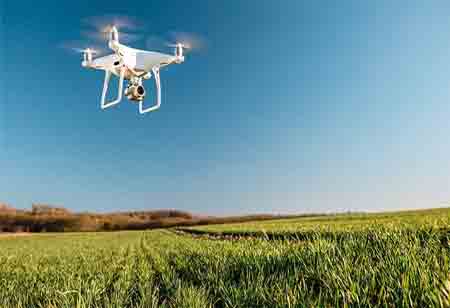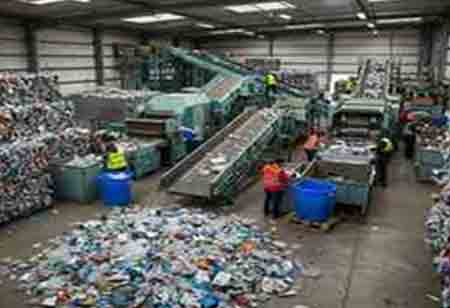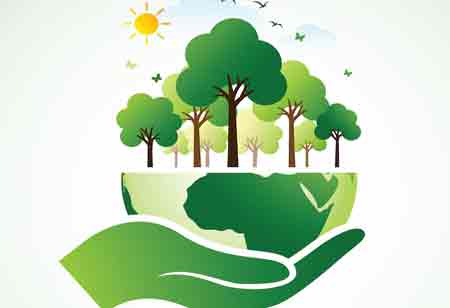Thank you for Subscribing to Environmental Business Review Weekly Brief
Waste Management Solutions That Are Sustainable and Effective
As natural resources are becoming extinct every day, households and businesses should embrace sustainable waste management habits to lower waste production and better the environmental influence of the waste produced.

By
Environmental Business Review | Friday, December 09, 2022
Stay ahead of the industry with exclusive feature stories on the top companies, expert insights and the latest news delivered straight to your inbox. Subscribe today.
As natural resources are becoming extinct every day, households and businesses should embrace sustainable waste management habits to lower waste production and better the environmental influence of the waste produced.
Fremont, CA: The circular economy's basic principle is supportable waste management, which gives many chances and benefits to the economy, society, and atmosphere. Sustainable waste management target to restrict the number of natural resources employed by recycling natural materials and creating as little garbage as feasible. It lowers the environmental effect of human actions, improving air and water quality. It also strikes on food waste, reduces environmental costs, and avoids some human health issues, all of which make up for the best quality of life.
Some of the clarifications for better and tolerable waste management incorporate the following:
Less paper usage
Although the world is evolving more technologically adept, most organizations continue using paper and ink, which is one of the most wasteful classes. We must lower our paper and ink usage to become ecologically accountable in the long run. Eliminate paper as much as feasible, and develop a control that enables individuals and organizations to go digital, using paper only when required.
Use the 3 Rs
Reduce, reuse, recycle. Recycling keeps energy, prevents waste from being dispatched in landfills or incinerated, and provides raw materials for new products. Whenever feasible, recycle things like plastic bottles in place of throwing them immediately after use. Reusing products can help keep them from becoming large piles of waste and produce a sustainable environment. In place of eating or drinking in disposable cups and plates, one should employ plates or cups that can be used repeatedly.
Anaerobic digestion of waste
Anaerobic digestion utilizes fermentation to detoxify organic waste and sludge without oxygen. The bacteria in the organic matter are blocked from the materials or garbage. It's more time-consuming than composting but can yield considerably more valuable outcomes. Anaerobic digestion of garbage produces methane, an important component of biogas, a viable energy source that may be utilized to cook, produce heat, and even induce power for the home.





